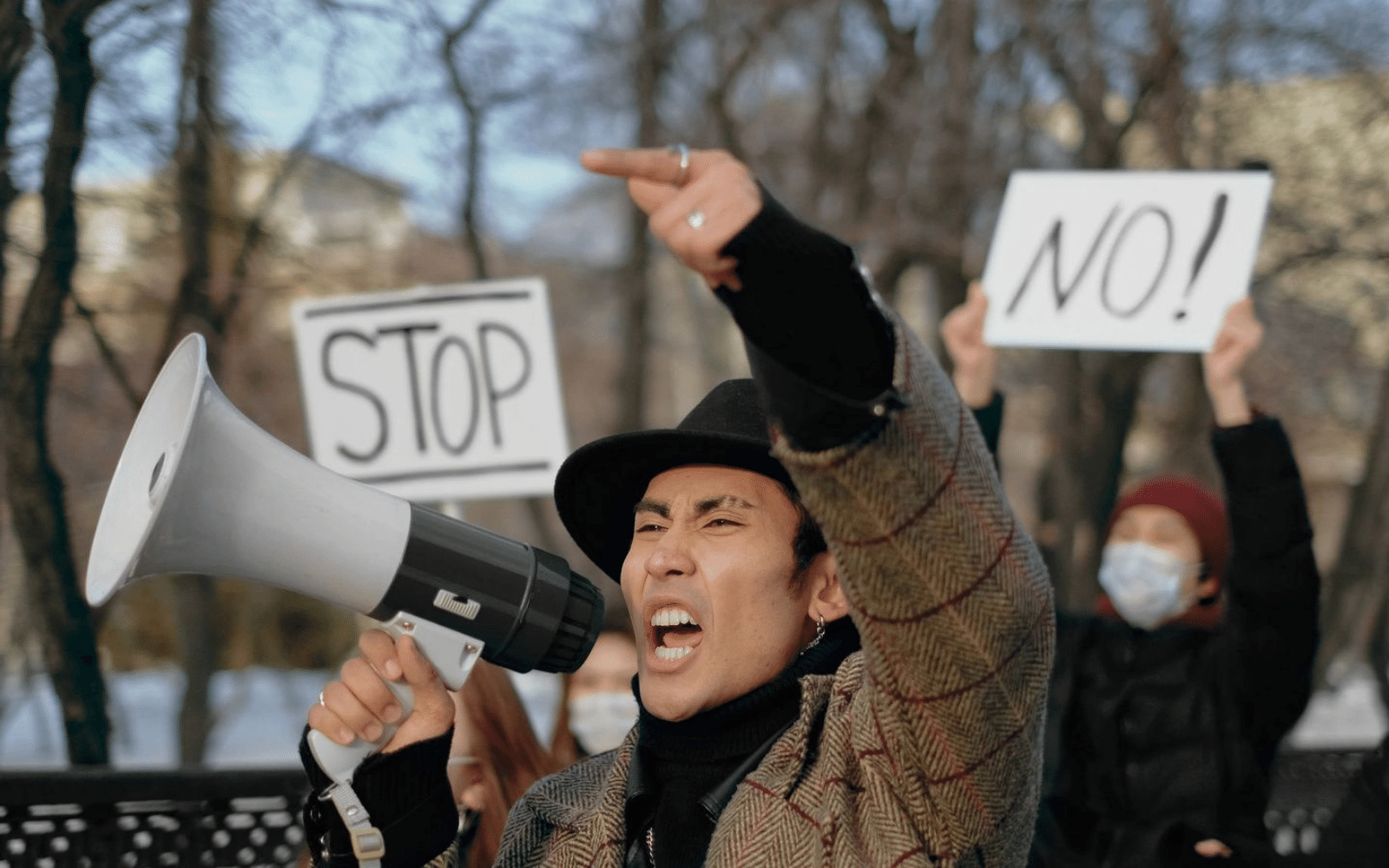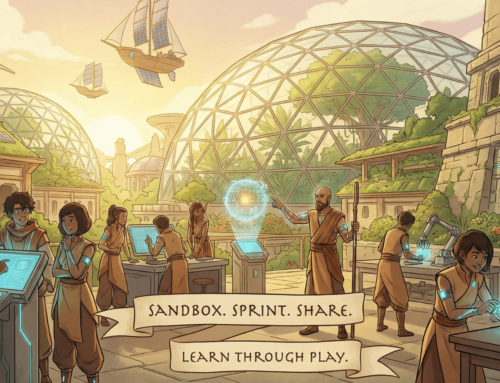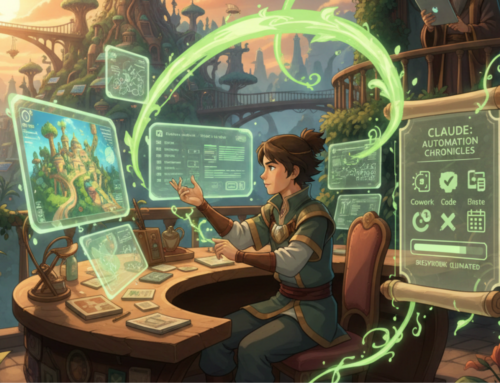Do you have haters?
People who despise what you do, what you say, or who you are?
This could be a good sign that you are saying something meaningful.
People who dare to take a stand on a topic will be divisive. Some people will hate your message, while others will adore it.
If you don’t have any haters, chances are, you don’t have any true fans, either.
We all want to be liked, and not hated.
The natural human tendency is to please everyone, and stick to subjects that make everyone agree, and everyone like you.
But this keeps you bland-ing in. If you follow conventional etiquette, and you never mention politics, religion, sex, or money in polite company, chances are you’re not saying anything revelatory, groundbreaking, or new.
Sharing anything meaningful will attract its haters to you.
Like a moth to a flame, when you take a position on any issue, everyone who opposes you will show up. They will project their feelings about the issue onto you, as you become the most convenient target.
You have to be ready to champion your opinion against your opposition, if you dare to say anything meaningful.
This is a natural consequence of taking any stand. When you are on a platform, people chuck rocks. I help people elevate their personal platform, and that often exposes them to harassment and abuse from strangers.
If what you say is truly meaningful, there will be opposition. When you champion anything, you become the most convenient target for people to displace their hatred onto you.
But those haters are still paying attention.
“If you don’t like me, and still watch everything I do, bitch, you’re a fan.” – Madonna
If what you say is truly affecting people, either positively or negatively, you have a natural amplification to your message. It’s resonating with something deep in people, whether they are haters or fans.
If your message is bland, people might be curious (if they agree) or have distaste (if they don’t), but they will forget you easily.
Think of the people with strong opinions you hate. Are they bland and boring people? Or do they polarize? People have close affinity with others who share their closely held beliefs, the ones they won’t share openly. Think of the people you admire, the ones who are willing to talk about taboo topics…do they have a lot of haters?
Haters Bring Attention
According to a Quinnipac poll in 2015, Trump had more haters than voters. And we all know how that turned out. So much media attention was focused on Trump, he won the US presidential election, even though (or perhaps, because) so many people hated him so passionately.
Whatever your opinion of Trump, I’m sure you can agree he is polarizing. There are not many people who look at Trump and say, “Meh. 🤷 Don’t really care.” Most people love him or hate him, and both give him power.
If what you are saying doesn’t earn you haters, is your message really meaningful?
When you attract haters, that could be a clue that you are onto something. If you can ground yourself in your community of supporters, and be willing to engage with your opponents without taking it personally, you can become the champion of a cause.
A lot of the experts and entrepreneurs with whom I work are afraid of being divisive, because they don’t want to chase away business. I think that makes sense in general, but I also think there are specific times you can take a stand, when it matters.
I took a stand recently. My local council is adding fluoride to our water supply, and I am vocally opposing it.
I won’t turn this article into a platform for my advocacy, but if you are open-minded enough to hear the reasons I oppose fluoridation, you can watch my #FluorideFreeAwarenessMonth videos on Facebook or read my posts about it on Twitter.
These posts have attracted some haters.
“Love your haters, for they are your biggest fans.” – Kanye West
Normally my online personality is a lot more tepid, and much less controversial. In this instance, I felt it was right to take a stand on this issue, because of my lived experience with fluoride poisoning.
A number of Facebook trolls have attacked my character, my evidence, and my arguments. This is partially due to Tall Poppy Syndrome – the cultural belief in egalitarian societies that ‘tall poppies get cut down.’
Thankfully, I am not a flower, I’m a man. I am willing to handle haters, because I think it’s instructive for others to see how I handle them:
Don’t feed the trolls. Offer kindness from the high ground.
If you engage with internet trolls, and fight against them, it drains your energy, when you sink down to their level. But when you keep to the high ground, and speak with compassion, it adds credibility to your argument.
My methods for dealing with internet trolls and haters include:
- Don’t insult anyone
- Keep your temper in check
- Stick to facts you can prove
- Be kind, if you want to change a mind
When one side is kind and clear, while the other is angry and inarticulate, that matters. Thoughtful people will watch and learn from both sides, to come to their own conclusions. Battling opponents in comment threads may not change the minds of your haters, but those who watch the battle unfold – that’s where real impact is truly made.
When my opponents are screeching at me from anonymous Facebook accounts, I calmly respond by sharing links to scientific studies, and pose thoughtful questions. This clearly differentiates the quality of argument from the two sides.
With haters and trolls, keep to the high ground.
Taking a public stand on a controversial issue is a risky move, for someone who makes a living online. But I am confident enough in my evidence and my arguments that I am willing to risk turning some people into haters. I know there are other people turning into fans, because I was willing to take a stand on this issue.
If you want to unfollow me or unsubscribe because I hold this position, that’s fine. But I hope I’ve made you think, and opened your mind to be more skeptical. Remember, good skepticism is good science.






Leave A Comment